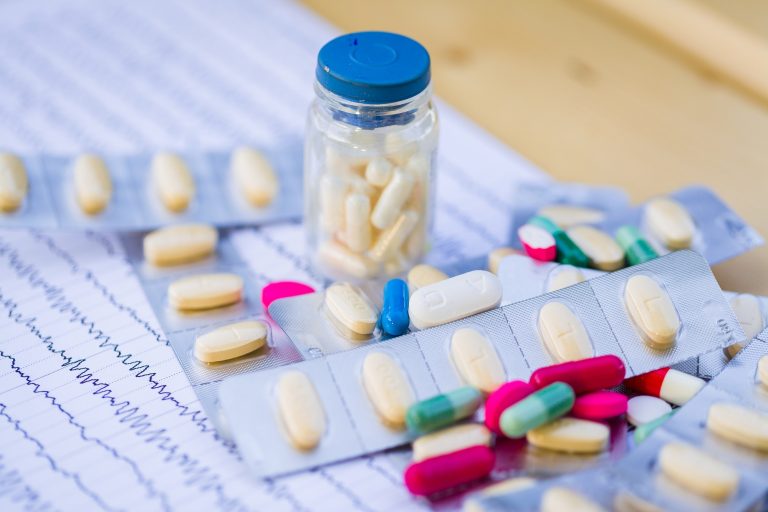Q: How Is Anxiety Treated in Teens?
A: Treatment for teen anxiety often involves therapy, such as cognitive-behavioral therapy (CBT), which helps identify and manage anxious thoughts. Medications may also be prescribed in more severe cases. A healthy lifestyle with regular exercise, sufficient sleep, and a balanced diet can also contribute to better anxiety management. It’s crucial for parents and caregivers to provide support and encourage open communication. Consultation with a mental health professional is highly recommended since it can can guide the most suitable approach for each individual.
Q: Types of Anxiety Medication for Teens
A: Common medications for anxiety in teenagers may include selective serotonin reuptake inhibitors (SSRIs) like fluoxetine or sertraline. Benzodiazepines are generally avoided due to their potential for dependency. Medication decisions should be made by a qualified healthcare professional based on a thorough assessment of the teen’s specific situation and needs. Regular monitoring and communication with the healthcare provider are crucial during medication use to ensure safety and effectiveness.
Q: Are Anxiety Medications Safe for Teens?
A: The safety of medications for teen anxiety depends on various factors, including the specific medication, the individual’s health, and the guidance of a qualified healthcare professional. Commonly prescribed medications, such as selective serotonin reuptake inhibitors (SSRIs), are generally considered safe when prescribed and monitored appropriately. However, all medications have potential side effects. It’s crucial for teens and their parents or guardians to discuss the risks and benefits with a healthcare provider, adhere to prescribed dosages, and report any unusual reactions promptly. Regular monitoring is essential to ensure the medication’s effectiveness and adjust the treatment plan in a timely manner if needed.
Q: When Should You Seek Treatment for Teen Anxiety?
A: It’s advisable to seek treatment for teen anxiety when symptoms significantly impact daily life, relationships, or overall well-being. Signs to watch for include persistent worry, changes in behavior, avoidance of activities, physical symptoms like headaches or stomachaches, and difficulties with school or social interactions.
If anxiety interferes with a teen’s ability to function or enjoy life, involving a mental health professional is important. Early intervention can be beneficial, addressing concerns and providing coping strategies to prevent the escalation of anxiety. Open communication with the teen and involving supportive adults can help identify when professional help is needed.





